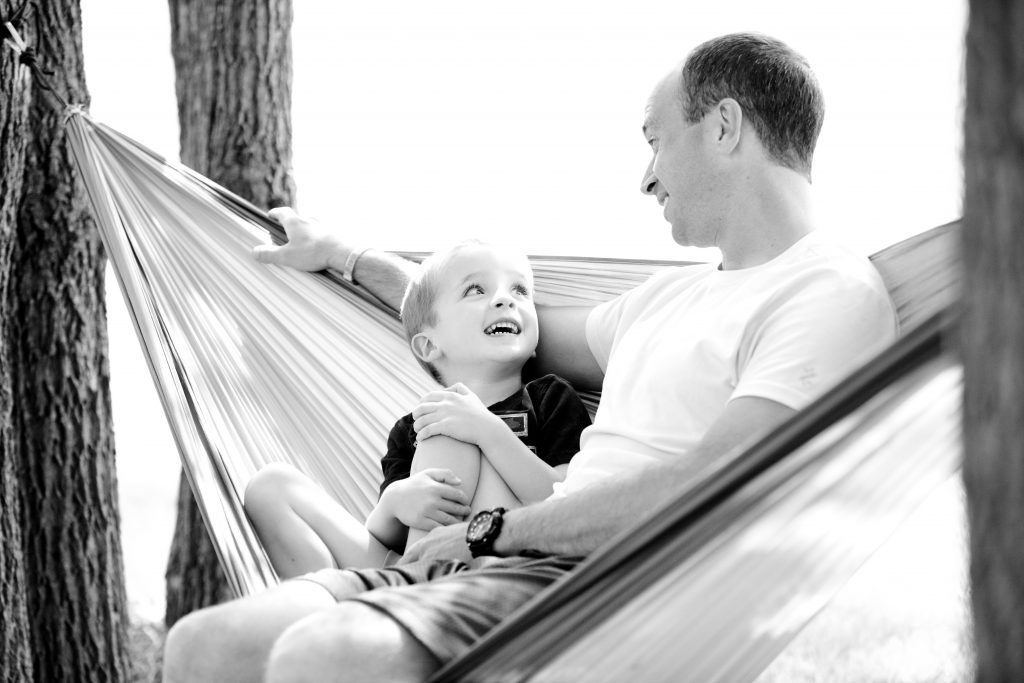30 March 2020
As the media and conversations around the Island focus on our fears and uncertainty about the Coronavirus (COVID-19), our children may well have questions and worries of their own. The following advice may be helpful in thinking about how you respond to children you care for.
This is an uncertain time for everyone so being clear and honest is a really good way to start. It may be that by helping your child with their own worries, it also helps you with your concerns.
Listen
If children have questions and concerns, it is helpful to give them time when they know they can talk and you will listen. Often a car journey, or a shared activity such as cooking together or playing cards, can be a good time. Children may have overheard and tried to make sense of lots of different information, so it is helpful to find out exactly what they know and are worried about.
Provide truthful information
Children try to make sense of the information they hear, but may often get it wrong. It’s important to provide children with clear basic facts. There is a lot we don’t know about the virus, and it is ok to tell children that we don’t know that yet.
Here are some common questions children may have and suggested responses:
- What is the coronavirus?
It’s a kind of germ that can make people feel sick. Remember how the flu made (you/your classmate etc) feel? It can be a lot like getting the flu. Some people feel just a little bit sick. Some people get a fever and a cough. Sometimes, the cough can make it hard to breathe easily.
- How do you catch coronavirus?
If a person who has the coronavirus sneezes or coughs, germs that are inside the body come outside of the body. That’s because sneezes and coughs can send tiny drops carrying germs into the air. There is a lot of traveling those germs would have to do to get inside another body, though, and make someone else sick. A healthy person would need to touch those germs that came out of the sneezes and coughs, and then touch their mouth, eyes, or inside their nose. You can try your best to stay healthy by:
- Sneezing or coughing into tissues (and throwing them away) or sneeze or cough into your elbow
- Washing your hands often
- Trying to keep your hands out of your mouth, eyes, and nose.
- Can you die from the new coronavirus?
The great majority of people who have caught the virus have not died, just like with the normal flu that comes every year. Doctors are working really hard to keep an eye on anyone who is feeling sick. They want to make sure everyone gets the help they need and to keep the virus from spreading. Scientists are also working hard to find a medicine that will protect people from getting the virus in the future.
Show a calm approach
Children look to the adults around them to know how to behave and feel. Model healthy behaviours, such as washing hands, but with a calm approach. Let children know that you feel worried too sometimes, and talk about what you do to feel better, such as listening to some music, talking to a friend, or taking some deep breaths.
Manage exposure to the worries of other people
Limit time spent on social media and news websites for older children. For younger children, be mindful of the conversations being held around them. Be around to talk through any information they may have read or overheard.
Being with their friends is extremely important for teenagers. This will not change because of the concerns related to coronavirus. Try to help young people maintain contact with their friends, even if they are socially distancing or out of school. Negotiate with them around contacting their friends on the telephone, discuss with them for how long they can speak and explore other forms of safe social media contact.
Provide appropriate reassurance
Some children may ask questions more than once. This may just be because they are still thinking things over. By giving time to answer questions you can give the reassurance children need. Sometimes, however, children can continuously seek reassurance that we cannot give, as we cannot be sure that no one in the family will get sick for example. If a child seems to need excessive reassurance it can be better to first name their emotion by saying ‘I know you are feeling worried’ and then direct them to another way of coping with their worries, such as taking deep breaths or doing an enjoyable activity with them. If you become frustrated with your child asking the same questions all the time, you might need to take a short break yourself until you are ready to manage their emotion.
Plan for changes in routine
We may all have to make changes to our lifestyle to limit the spread of the virus. Let children know that there may be some changes and that we may all have to stay home more. Plan some fun activities to do if this happens. You might want to try out some new recipes, play some new games, rearrange their bedroom, or try a new craft for example. With good planning, this could be an opportunity to spend positive family time together. Make sure you factor in ways to have breaks from each other as well, by having activities such as reading, colouring in, watching a programme etc planned too, in case frustrations arise.
Mental Health Team, St Helena
30 March 2020
